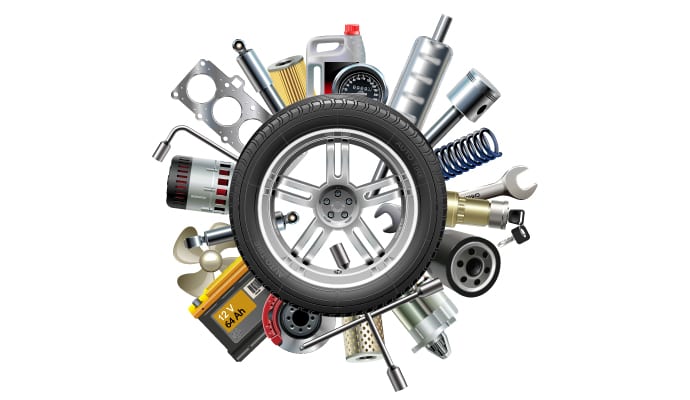
1. Fuel
-
- Buy petrol at reputable service stations
- Fill your tank and never run your car below half tank of petrol
Sediment collects at the bottom of your fuel tank, running your car on fuel with this sediment can clog the system and eventually corrode your pump and filters, potentially blocking fuel and preventing your car from starting.
2. Check critical fluids regularly
Fluids are critical to the running of a car’s essential components, and failing to replenish them may have dire consequences. Checking your engine oil regularly is necessary to check the quality of oil, if the oil is dark and dirty you should have it replaced.
Service your car at regular intervals to keep your vehicle in good condition and to prolong its life. Service intervals are based on time or kilometres driven – once a year or every 5,000-7,000 kilometres. Check your car manual for recommendations on a service schedule and maintenance work required.
Other areas to check include the coolant levels, it is recommended that you use a mix 50-50 mix of distilled water and antifreeze.
3. Change filters regularly
When servicing your car, be sure to change the oil filter with the oil. Check your air filters and fuel filters too. Be sure to use genuine parts, using poor quality filters could mean you will have to service your car at shorter time intervals.
4. Check your tyres
Tyres are a car’s most important safety feature, checking them regularly could save your life. Under-inflated tyres or over-inflated tyres will result in uneven wear of tyre tread.
Watch our quick video on how to check your tyre pressure, health and tread depth.
However, in the interests of safety, we recommend using the least-worn tyres on the back axle, as loss of front grip (understeer) is much easier to manage than a rear-end slide (oversteer).
5. Avoid driving over potholes and rough tracks
Potholes wreak havoc on the car’s suspension, tyres and exhaust. The hard edges found on poorly-maintained roads can lead to sidewall bulges, tread separation, and in some cases, they can deflate tyres too. When driving over crater-like holes, suspension can become misaligned and shocks damaged.
6. Don’t scrimp on parts
Parts manufacturers spend a lot of time and effort on research and development to ensure parts work as reliable as possible. Use original parts can save money in the long-run by keeping your car on the road.
7. Check your warning lights immediately
DON’T ignore warning lights, illuminated lights going unchecked can result in your car breaking down and resulting in expensive repair bills to replace worn out parts. Be vigilant to unusual car noises may assist in attending to problems.
Your car’s dashboard is the car’s way of communicating to you, read the warnings and act responsibly. Visit a reputable garage, always use genuine parts. View our checklist as a guideline to help you before from expensive repair bills and could help you to stop complications arising in the first place.





